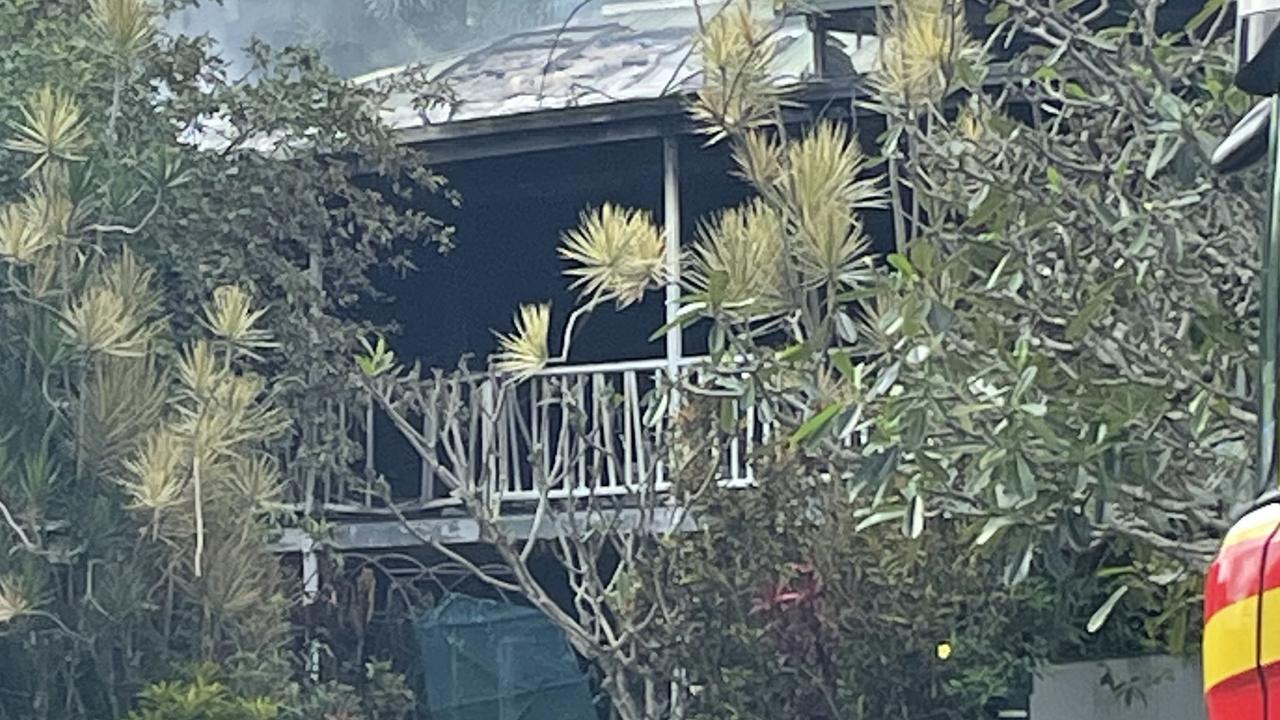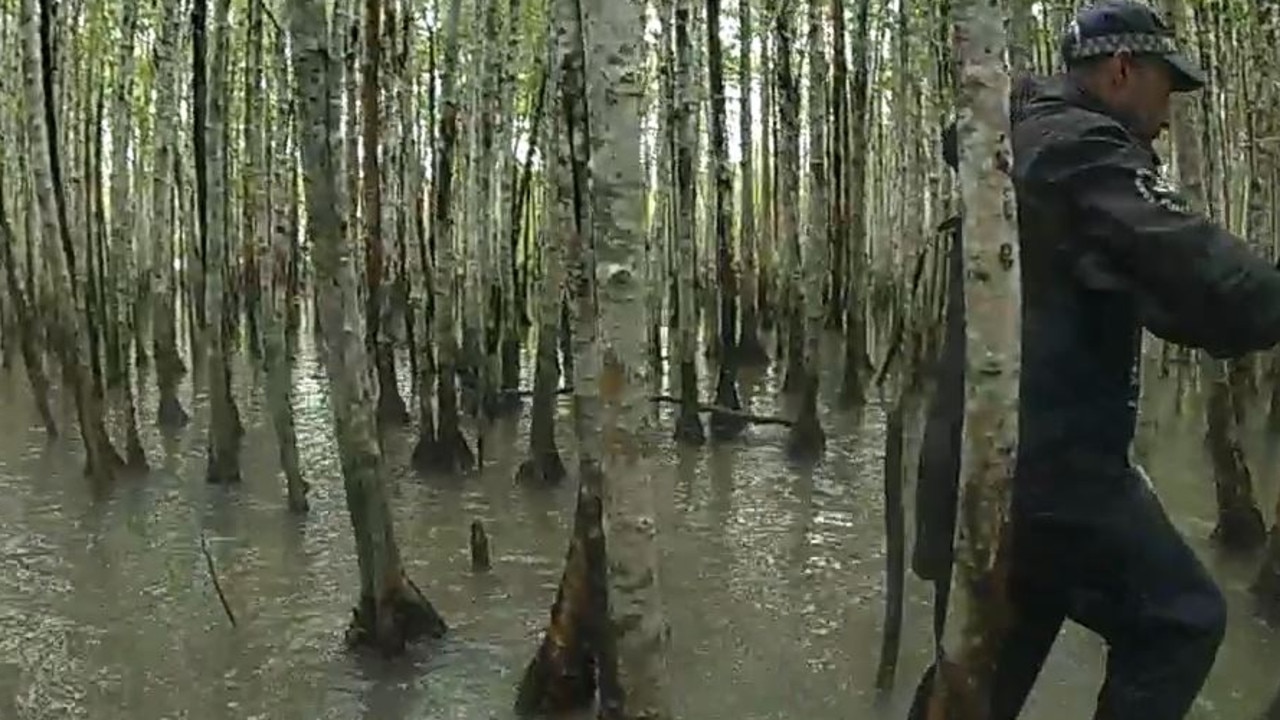Voice to Parliament divides FNQ politicians along partisan lines, silences local government leaders
The Voice referendum is a matter of months away and bitter commentary has begun to poison both sides of the debate. Here’s how our elected representatives are thinking ahead of the vote.
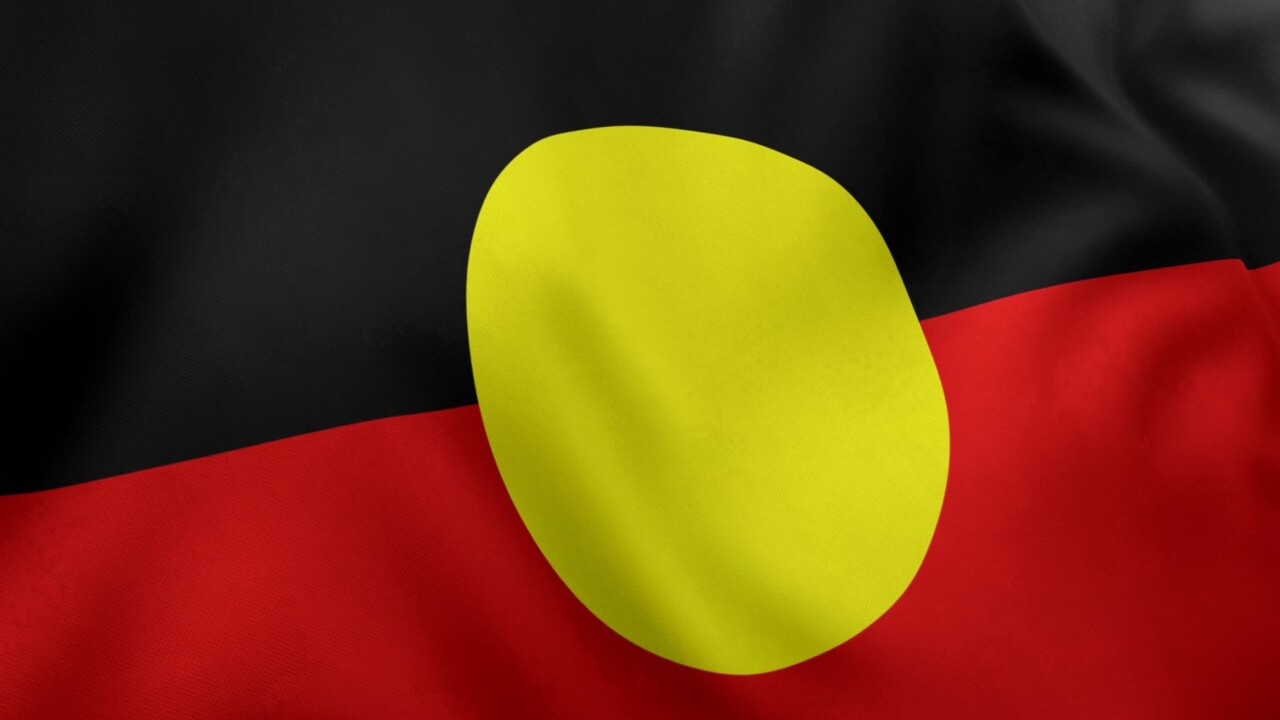
Cairns
Don't miss out on the headlines from Cairns. Followed categories will be added to My News.
A Far North mayor believes concern for the “mental welfare” of Indigenous Australians could be lost as the vexing voice debate rages across the region.
Douglas Shire Council mayor Michael Kerr said the Voice to Parliament had become a public-opinion poll on the constitutional recognition of Indigenous Australians, mirroring the personal scrutiny of the homosexual community during the 2017 marriage equality plebiscite.
His comments come just months before a likely Voice referendum.
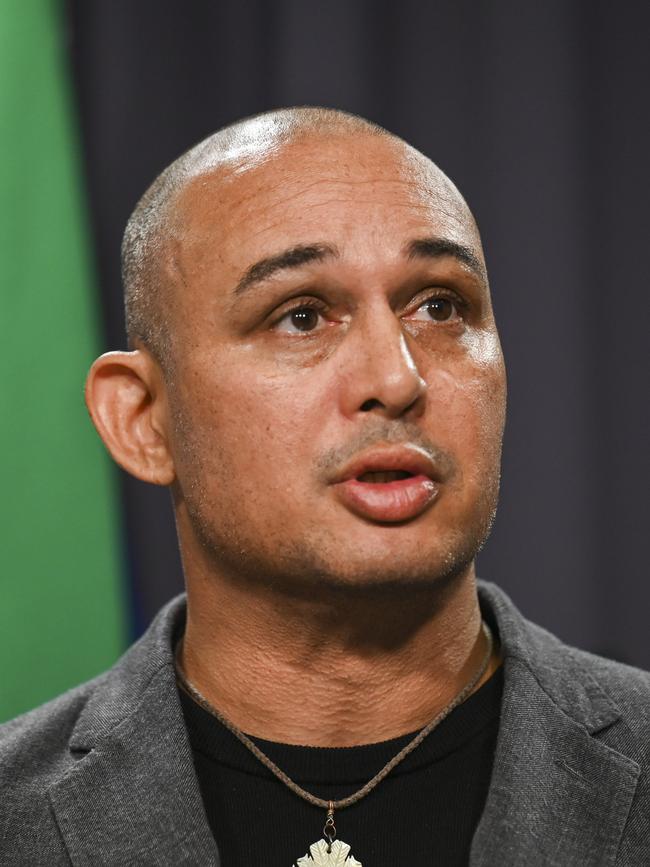
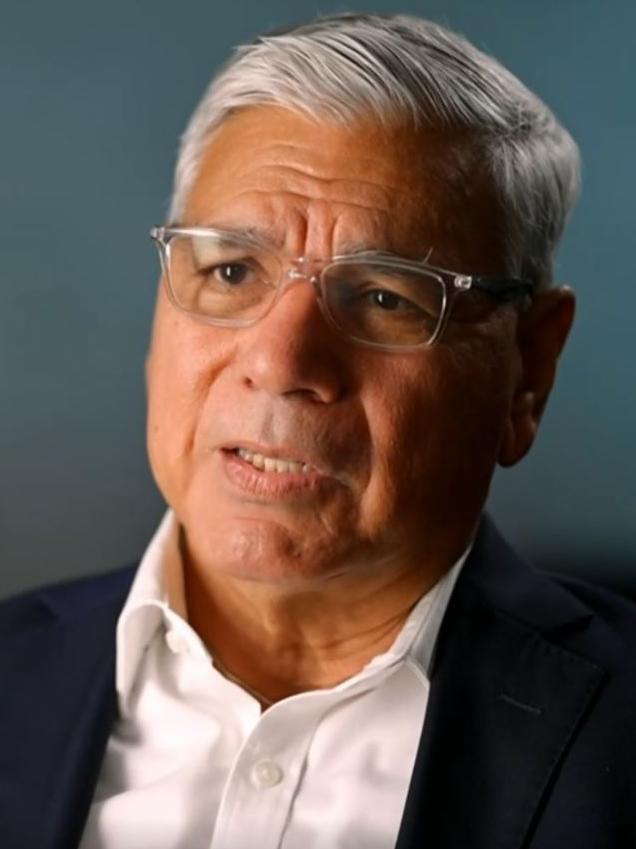
“Having gone through what is realistically a public-opinion poll to see if I was allowed to marry the person I loved, I can appreciate the position of our First Australians knowing they have to gain a win in yet another public opinion poll being the referendum to be included within this country’s constitution and given a Voice to Parliament,” Mr Kerr said.
“I believe that it has become extremely political due to the limited amount of information of what will occur post the vote, allowing hypothetical debate on an open range of topics.
“The mental welfare of our Indigenous Australians will definitely need to be taken into account. These publicly voted-on decisions have the potential for creating great negativity in communities.”
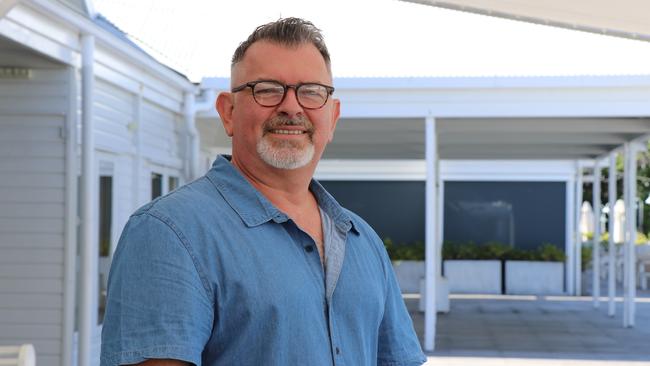
The mayors of the Far North’s five most populated local government areas – Cairns, Cassowary Coast, the Tablelands, Mareeba and Douglas Shire – all declined to disclose how they would vote on the Voice to Parliament.
Tablelands mayor Rod Marti said local governments would not have the appetite to become involved in the Voice debate with an election around the corner, but said it was important members of the voting public formed independent opinions.
“It’s a bit tricky … every council in Queensland is coming to the end of its term, it’s not long to go now. The last thing you need … is another issue to have an argy bargy over when it’s not a council issue,” Mr Marti said.
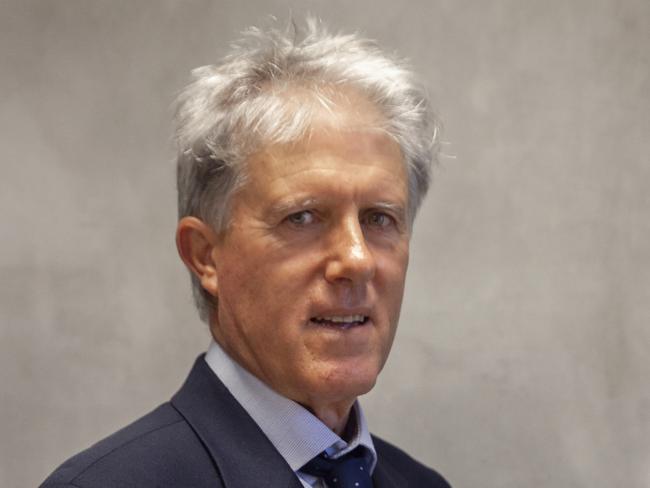
“The community is not looking for guidance from council on this matter.”
This is how the region’s state and federal politicians intend to vote on the Voice.
Queensland senator Nita Green
Voting yes
“The Voice is about two things … finally recognising Aboriginal and Torres Strait Islander peoples in our constitution, and listening to Aboriginal and Torres Strait Islander peoples on the issues the affect their lives,” Ms Green said.
“The Voice is a once-in-a-generation opportunity to make Australia stronger and more united, and to improve the outcomes of Aboriginal and Torres Strait Islander communities, and give us a real chance at closing the gap.
“The Voice came from Aboriginal and Torres Strait Islander peoples … and it’s disappointing to see the scare campaigns and misinformation being spread. The Voice is a simple idea. When you listen to people on the issues that affect them you get better results.”
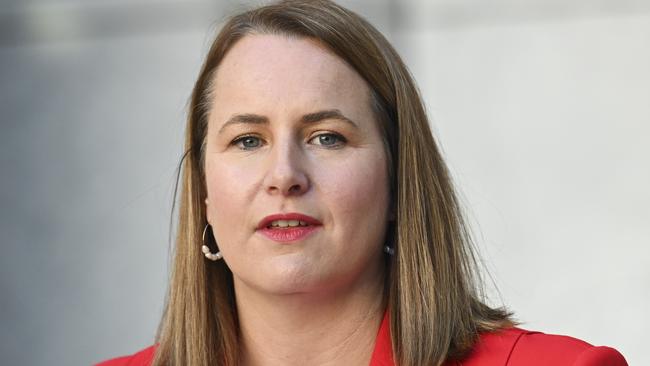
Leichhardt MP Warren Entsch
Voting no
“The main issue I’ve got with it now is (the government) will use the Voice as an excuse to do nothing else,” Mr Entsch said.
“Why would they tie recognition in there with all those other issues if it wasn’t for political expediency? If it was just about recognition, it would be done tomorrow – it’s a historical fact.
“But the amount of money going toward this Voice campaign could be going toward housing in communities, for example.
“I’ve got no confidence that it’s going to make a bit of difference.”
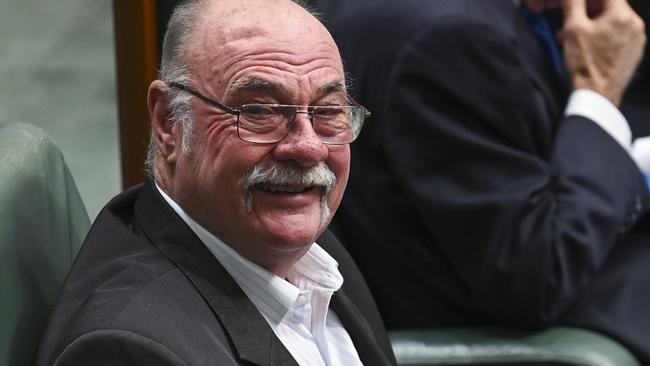
Kennedy MP Bob Katter
Voting no
“I think an awful lot of people think it’s some sort of test as to whether you are a racist or not. And I think their attempt to portray people as racists has backfired badly,” Mr Katter said.
“But if you start to make out people as different, well then excuse me, for calling you a racist.”
Mr Katter said while politics was being played on a grand scale in Canberra, communities he represented were being ignored.
“Has anyone asked the people in Doomadgee or Mornington Island what they want? And if they did, they’d probably start off with asking for a decent feed – cheap meat, fruit and vegetables,” he said.
“Not once have I heard a remote First Australian community call for another government department to be established to tell them what they need.”
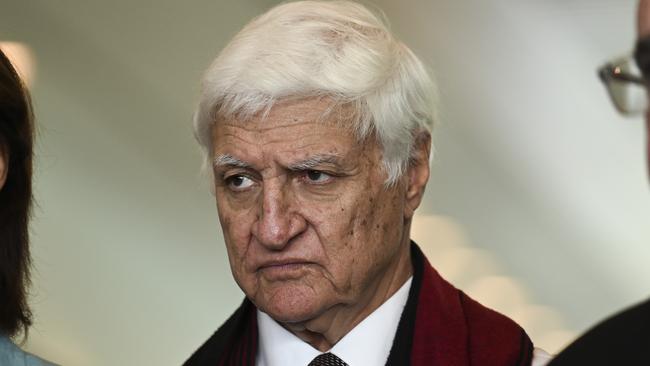
Cairns MP Michael Healy
Voting yes
“The Voice will give our Indigenous peoples a genuine opportunity to do something they’ve never been able to do before: to have a dialogue with all levels of government,” Mr Healy said.
“A stronger voice will lead to better outcomes for Indigenous peoples, and better outcomes for them will mean better outcomes for everyone.
“I am in no way threatened by this … but there are those who still want to politicise the issue.”
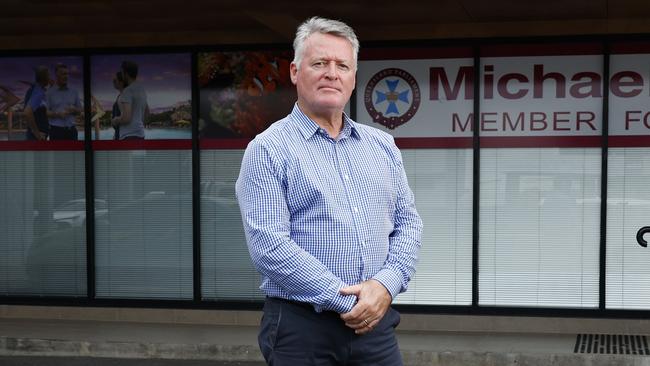
Barron River MP Craig Crawford
Voting yes
“My contact with First Nations elders, leaders and communities across Queensland when I was Minister for Aboriginal and Torres Strait Islander Partnerships exposed me to the issues and opportunities that I believe the Voice will go a long way to resolving,” Mr Crawford said.
“I think the Voice is being unfairly used as a political weapon by many people, and that is unfair for all Australians who are looking to try and make a balanced decision on how they are going to vote.”
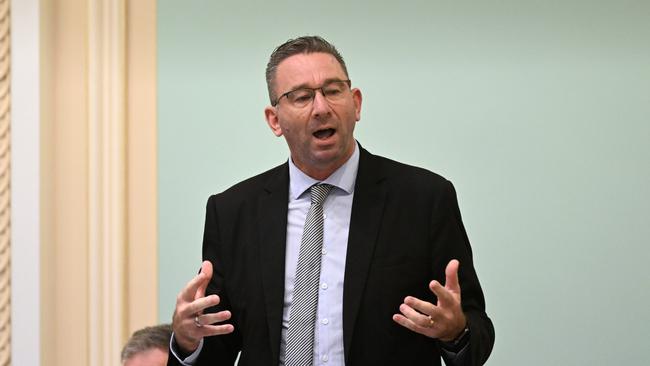
Cook MP Cynthia Lui
Voting yes
“The reason for my support lies in the need to give Indigenous Australians a stronger and more meaningful say in the legislative process. It is essential to acknowledge the historical injustices they have endured and take steps to ensure First Nation voices are heard and respected in matters that directly affect them, their communities and rights,” Ms Lui said.
“The proposed Voice to Parliament and The Queensland Path to Treaty both play crucial roles in advancing the reconciliation process and recognising and protecting the rights of Indigenous Australians.”
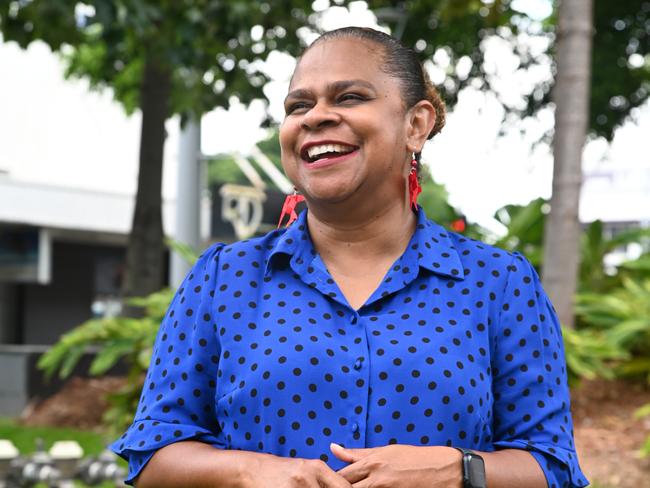
Mulgrave MP Curtis Pitt
Voting yes
“I will be voting for the Voice and Treaty and encourage all Far North Queenslanders to support this generational opportunity to appropriately recognise our First Australians,” Mr Pitt said.
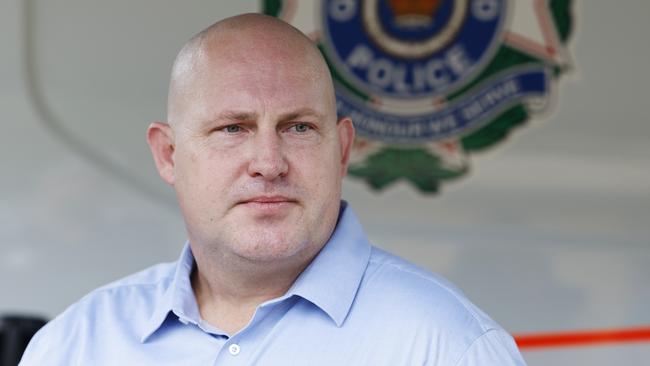
Hill MP Shane Knuth
Voting no
“The KAP have always championed economic participation and solutions to issues affecting Aboriginal and Torres Strait Islander communities,” Mr Knuth said.
“For decades the KAP have represented the voices of these communities through title deeds, reforming the blue card system, cheaper grocery prices through market gardens and helping to resolve the issue of renal failure and diabetes.
“The government has ignored these voices every time.
“It’s not about having a voice, it’s been the lack of action from governments that is the problem.
“The KAP completely oppose changes to our constitution that will create another divisive, well-funded, unelected bureaucratic ‘Voice’.”
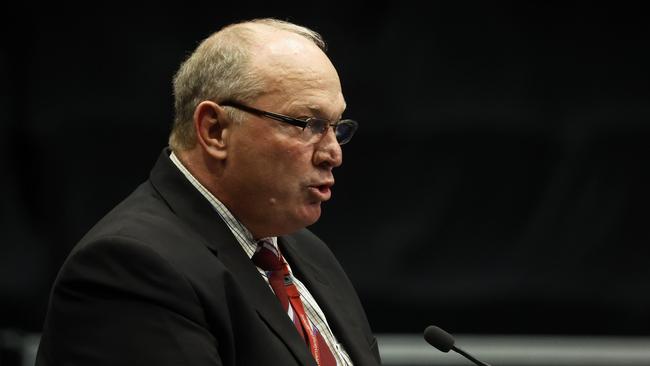
Traeger MP Robbie Katter
Voting no
“The idea that there is a silver bullet for solving the deep-seated challenges facing First Australian communities, especially in rural Australia, while well-intentioned is naive and ill informed,” Mr Katter said, in an op-ed to the Courier Mail.
“Presenting the Voice as the panacea to all problems relating to our First Australians is a cruel and misleading approach and avoids the great problems they confront.
“Not only would it reinforce a divided Australian culture, but it also would create an effective diversion from true solutions.”
More Coverage
Originally published as Voice to Parliament divides FNQ politicians along partisan lines, silences local government leaders



